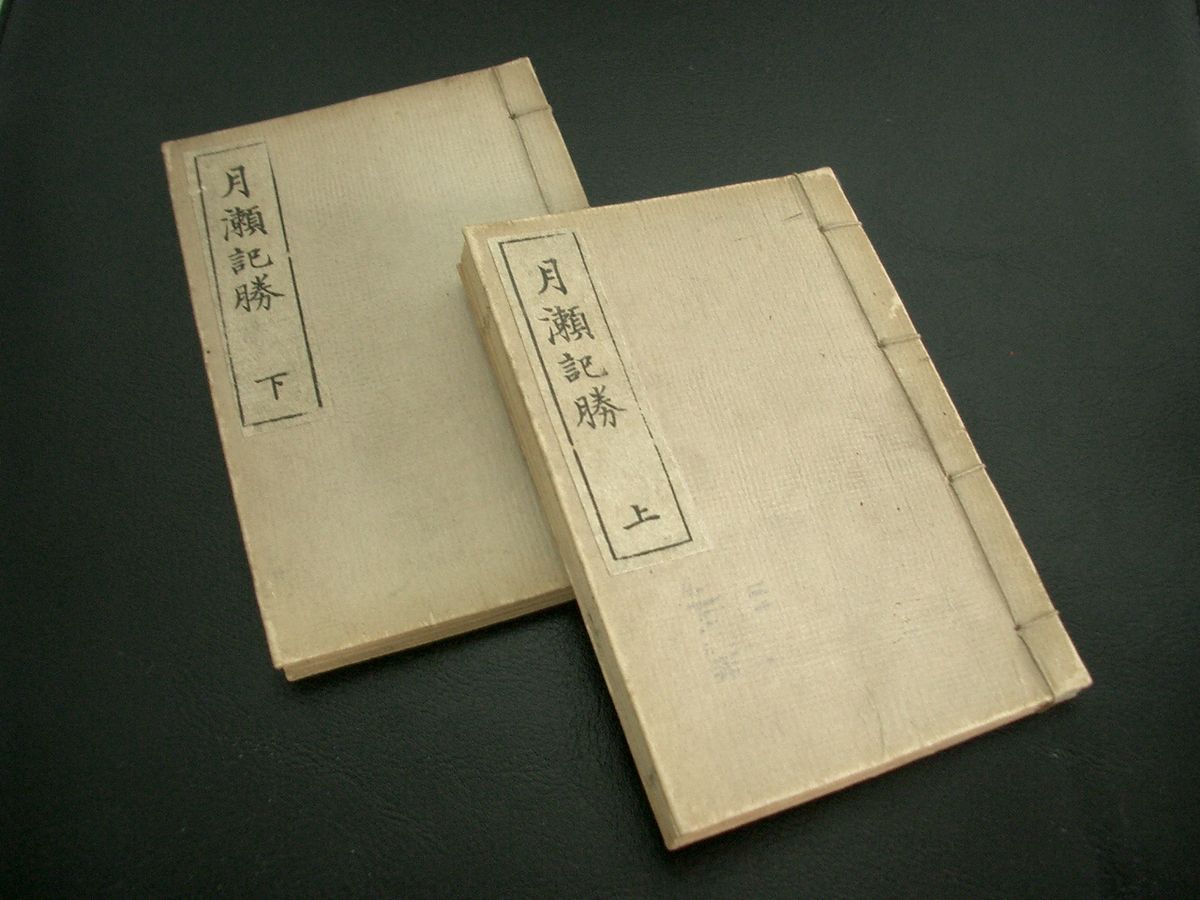Our Galaxy's Real History
Also called Humanae, Our Galaxy's Real History is a pair of fictional books written by one of the most influential philosophers of the Galaxy: Hadeku Tamaru.
There are many theories about how the books came to be, but it is thought that Hadeku's past, as well as influences from other philosophers from his time like André Ros, helped to create his characteristic "anti-system" way of thinking, as well as the ideology that came with it after the book was first made public.
The book was published while he was in the military of the Core, as he developed a very prominent anti-system ideology, proposing some crazy ideas about a common past for all 3 Mother planets under a very uncommon and unclear narrative style.
The book would later create a kind of religion or "philosophy current" lead by his characteristic almost anarchistic way of understanding the inner workings of everything, and would ultimately lead to many political parties and even a couple revolutions through time all around the Galaxy.
Contents:
Prelude:
No one knows what happened, how humans arrived where they are, or how they became the trend on the Galaxy, but if there's something sure, is that something must have happened for almost identical species to have appeared in multiple places of the Galaxy, with common genetical, biological, and language ancestry to be traceable. It is a mystery how anything could have been as it has, or why there are common myths, stories and legends about the past on all 3 of the Mother Worlds, but that's exactly how it is. No one seems to have a clue, except some crazy people already into psychiatric organizations, but there is a dark past common for al human species today: the planet of Terra.Chapter 1: Terra
A planet, now forgotten, once stood gracefully at the outermost layer of the Colossuss Galaxy. "The Blue Marble" was once called. It was a marvel of biodiversity and evolution, mixed with perfect conditions for life to appear and am oxygen rich atmosphere. It was covered in different colors, cultures, languages, and identities, but overall, leaded by one species, a species so intelligent and optimistic that managed to reach outer space and land on their only satellite, and later build their own smaller ones. This species was the most intelligent thing that the Galaxy had produced, and stood gracefully at the top of their evolution, and even after two suicide attempts, there was peace, a peace that lasted generations. The species had finally managed to learn from their mistakes and progress into the future, their common future, avoiding many thermonuclear wars, a climate emergency, a 20 meter water rise and totalitarian and anarchist politics and politicians. All good things must come to an end, and the human race, as they called themselves, couldn't avoid their past mistakes and finally had to abandon the ship in order to guarantee their survival. As the end was clearly near, a group of numerous optimistic, intelligent and very varied individuals had to set sail out of their land, their home, their common home, trying to complete a mission that would not only save their home, but themselves, from complete obliteration. And so this species spread to closest and farthest systems, some of them achieving their gol through generations, but some failing, later to be found and recovered by more advanced governments. The adventurers had made it. The species had survived the apocalypse to later recover, forget about their past mistakes and their past with it, and step forward to an unclear future of reconciliation and discover. From there, the whole Galaxy, most of the times forcefully, started too to learn that their goal had been achieved, eventually expanding to uncover forgotten technologies and to discover some more.Chap 2: Colossuss
And after getting to know their new environment, humans decided to explore, every time farther and farther away, finding more and better ways of getting around their new neighborhood, with their new friends and not-too-good-friends, defying Gods, common sense, even science, and discovering new and ever better technologies as well as neighbors to try them with. Yet another dark age seemed to be around the corner, but then a light of brightness came with the Revolution of the colonies. Everyone was again free, humanity had yet learned another lesson and the Galaxy seemed to become bigger and bigger. Lastly, and just as humanity had seemed to find peace and prosperity, it all started to crumble again. And as before, and because everything must always come to an end, it did. They had lost their second chance, and even though they had tried very hard, they only managed to have a slow, painful dead. And like this, like everything that has ever existed, humanity had again fallen to their own feet, to their own same errors and mistakes, to their own wishes of power and to their own ambitions. Humanity, as a race, could probably find their way out of that situation once again, because that's our only quality: Our perfect natural attribute of evading our own mistakes by not looking at them and thinking that they will disappear by themselves, and because that's what has been taught to us by our instinct, the only possible way nature has always told us to stop trying to create our perfect world, to stop ruining the reality, and to really just stop trying to redo all what we have done wrong with the only purpose of doing it wrongly once again.Remove these ads. Join the Worldbuilders Guild









Comments